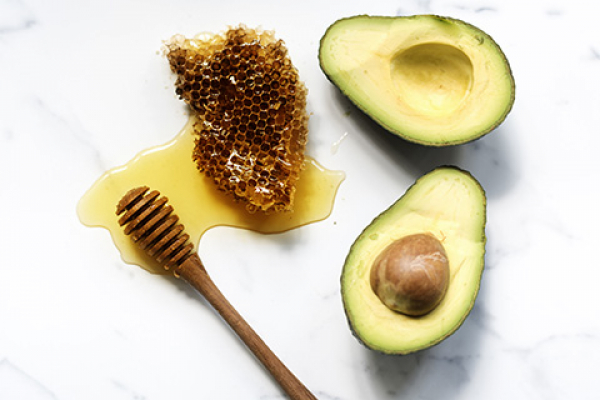
The researcher from the Universidad Internacional Iberoamericana (International Iberoamerican University) (UNIB), Cristina M. Pérez-Oleaga, provides evidence that bioactive molecules derived from foods, such as monofloral avocado honey, can help in the prevention and reduction of the progression of Alzheimer's disease.
Honey is the most well-known, famous, and appreciated product made by bees; a complex mixture of nutrients and bioactive compounds with multiple biological activities. There are many different types of honey depending on their botanical origin and even on the species of bee (although Apis mellifera is the most common). Monofloral honey comes entirely or mainly from a single type of flower or plant. All monofloral honey must have a particular compositional and organoleptic profile, as well as specific physicochemical and microscopic properties according to the Codex Alimentarius. It has been stated that the botanical origin affects not only the flavor and taste of honey but also its chemical composition and, finally, its biomedical properties.
Avocado (Persea americana Mill) is currently an important crop in tropical and subtropical areas of the world. In Spain, about 90% of this species comes from the region of Andalusia (mainly Granada and Malaga), where it is also an important source of nectar production. Recently, avocado honey has been characterized in terms of physicochemical parameters and different compositional aspects. This is explained by the fact that avocado pulp and avocado by-products, such as seeds or peels, contain phytochemicals in high amounts; antioxidants with proven neuroprotective effects.
Research has yielded positive results in the production of neuroprotectants and antioxidants; however, further research is required to determine the full range of effects that monofloral avocado honey could have.
Therefore, the intake of foods containing bioactive molecules found in avocados may help prevent and manage neurodegenerative diseases such as dementia, including Alzheimer's disease. Alzheimer's disease is the most prevalent type of dementia and represents the seventh leading cause of death in the world. It is currently estimated that 55 million people are affected, and nearly 10 million new cases are diagnosed each year.
Research has been possible thanks to the union of different professionals from different disciplines, among whom, the work of Universidad Europea del Atlántico (European University of the Atlantic) (UNEATLANTICO) and Universidad Internacional Iberoamericana (UNIB) researchers is emphasized.
If you want to learn more about this fascinating study, click here.
To read more research, access the UNIB archive.
Lastly, the Universidad Internacional Iberoamericana (UNIB) offers the Master in Project Design, Administration, and Management with a Specialty in Innovation and Product. A program that integrates concepts associated with project design, operation, and management; from project development to subsequent analysis.